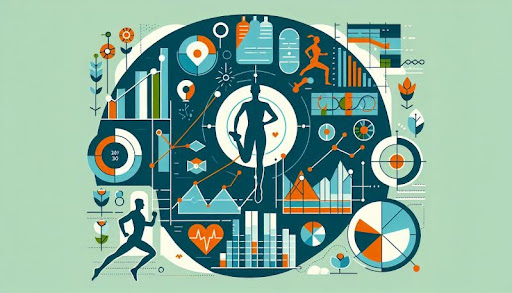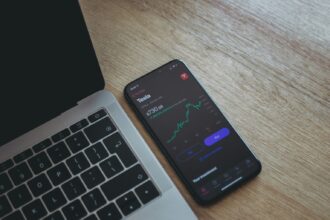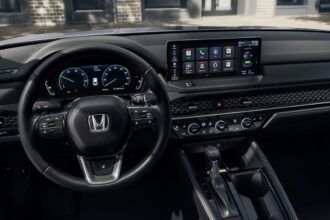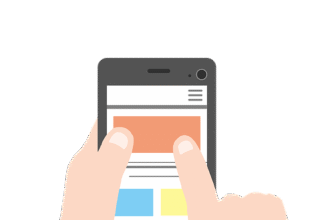In today’s fast-paced world, where stress, lifestyle diseases, and chronic conditions are on the rise, personalized healthcare is no longer a luxury—it’s a necessity. One of the most transformative trends in modern wellness is the rise of data-driven health insights, which allow individuals to take control of their health using real-time, personalized information. Powered by cutting-edge technology like wearable health trackers and AI algorithms, these insights help decode the body’s signals in ways that were once impossible.
The Shift from Generalized to Personalized Health
Traditional health systems often rely on broad-spectrum solutions that don’t account for individual differences. What works for one person might not work for another. This one-size-fits-all approach is rapidly being replaced by data-centric models that factor in a person’s sleep patterns, activity levels, heart rate variability, oxygen levels, and more. These data points are then analyzed to generate actionable insights tailored to the individual.
How Wearable Technology is Fueling the Change
Wearable devices like rings, watches, and bands are no longer just fitness accessories—they’re powerful health monitors. Devices such as the Bleo Ring capture continuous health data, providing users with a comprehensive understanding of their body’s internal workings. These devices track a multitude of biometrics including respiration, body temperature, and sleep cycles, offering a detailed, daily health snapshot.
By harnessing this wealth of data, users can proactively manage their health, detect early signs of potential illness, and improve their overall quality of life. Whether you’re a biohacker, fitness enthusiast, or just someone trying to sleep better, data from wearables can be life-changing.
AI and Predictive Analytics in Preventive Care
Artificial Intelligence (AI) plays a crucial role in translating raw data into meaningful health insights. AI algorithms can detect patterns and anomalies that may go unnoticed by the human eye or standard diagnostics. By applying predictive analytics, these systems can forecast health trends, allowing early intervention and better decision-making.
For example, if your resting heart rate or oxygen saturation drops for several consecutive days, a smart health platform may prompt you to rest or consult a doctor—even before symptoms manifest. This kind of real-time, proactive feedback is revolutionizing preventive care.
Empowering Long-Term Health Optimization
Data-driven health insights aren’t just for detecting problems—they’re also incredibly valuable for enhancing long-term wellness. By understanding how your body responds to various diets, exercise routines, or sleep habits, you can fine-tune your lifestyle to optimize energy, mental clarity, and physical performance.
Platforms like Bleo are leading the charge in this movement by offering seamless integration between hardware and software. The combination allows users to receive daily reports, trend analyses, and personalized suggestions for improving health over time.
Final Words
The future of healthcare is personal, predictive, and proactive. By leveraging data-driven health insights, individuals can move from reactive to preventive and optimized health strategies. As wearable technologies and AI continue to evolve, so too will our ability to live healthier, longer, and more informed lives. Platforms like Bleo are making it easier than ever to turn everyday data into life-changing knowledge—ushering in a new era of truly personalized wellness.
















